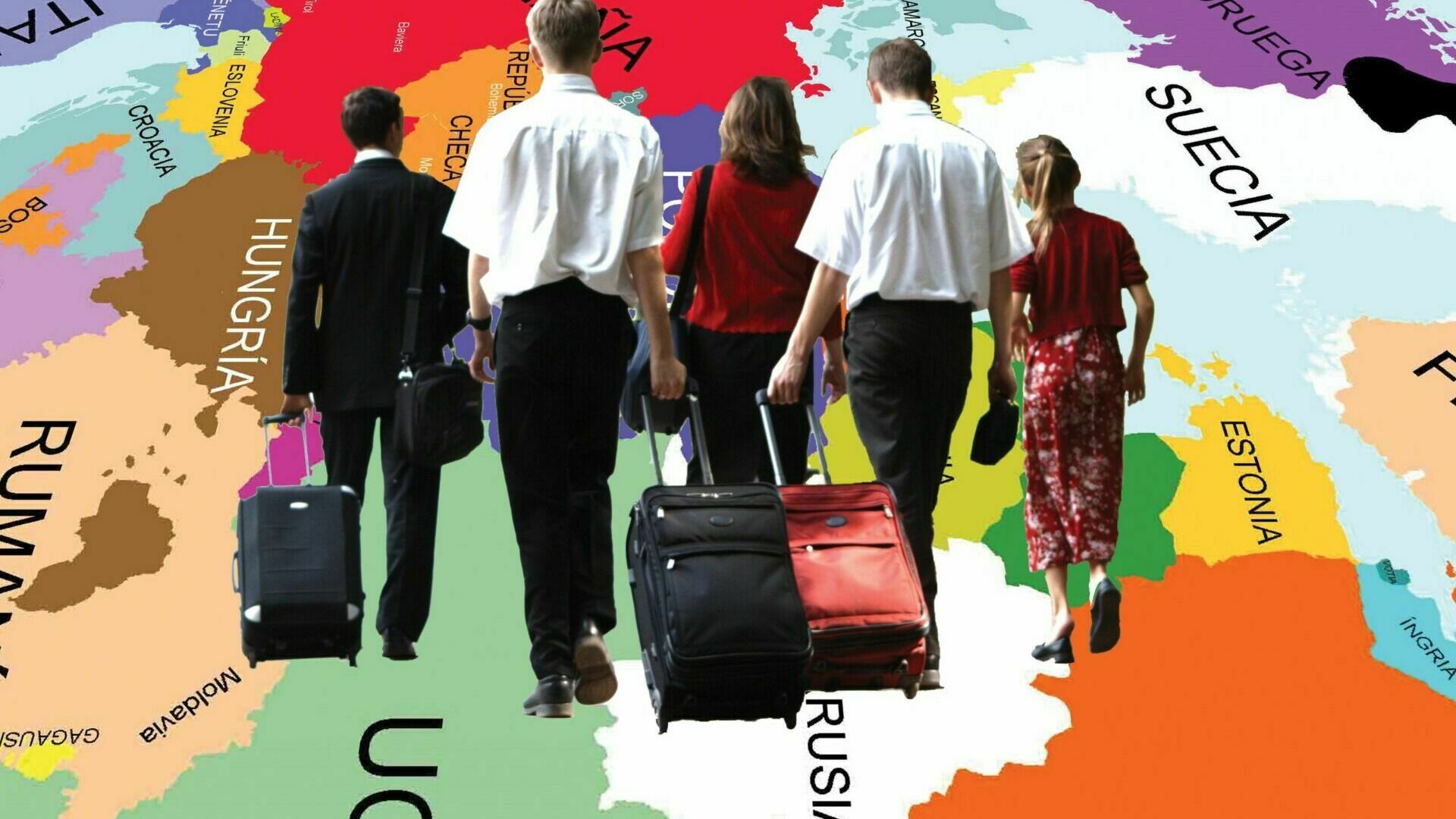Posted 27 января 2023, 07:06
Published 27 января 2023, 07:06
Modified 27 января 2023, 07:47
Updated 27 января 2023, 07:47

Oblivion with a guarantee: why emigration has no political future in Russia
Marina Shapovalova, writer
Hundreds of thousands of people are leaving Russia.
As a result of Putin's twentieth anniversary, this is already millions.
There is something new here: Russia has been a supplier to the world of people for the second century. We can say human and genetic resources. From the middle of the nineteenth century, nobles and commoners left Russia (mainly to Europe). At first, the flow was small, but it is characteristic that carriers of European culture left the country. Who were squeezed out of Russia in the most general sense by its political culture, incompatible with their ideas about the desired direction of political processes. Although in each case it was expressed in specific personal circumstances. In 1917, representatives of social strata hostile to the Bolsheviks emigrated en masse. Aristocrats, scientists, entrepreneurs, and the military have left – a significant, if not most, part of the same carriers of European culture. Emigration with varying intensity continued throughout the century, including the most massive military-post-war and post-Soviet flows. Its next growth occurred during the Putin years.
It is almost safe to predict that the process will continue after the SVO in Ukraine. Because Russia, isolated by sanctions and limited in development opportunities, will not be an attractive place to implement ambitious personal strategies. Mainly for those people whose professional success directly depends on the country's involvement in global processes. It makes no sense for such people to return if they already had to leave. In this sense, Russia's future is predictably deplorable: it will continue to lose its creative potential.
A separate story with the forced political emigration, which today remains focused on Russia. It would seem that all these people want to return after the regime change. But, in my opinion, it can only be so at first glance. The bankruptcy of the emigrant political opposition (let's call it that) is obvious. She has no support within the country, neither real nor potential – she simply does not know how to speak to the population of the country in the language of their interests. I have never made an effort in this direction. It does not represent at least some kind of united community: despite the general declarations, its groups and individual representatives are most busy clarifying personal relationships. It would be more accurate to call it mutual harassment. Therefore, they have no political future in Russia. Rather, everyone in the future will have to build personal assimilation strategies in the host countries.
The original is here